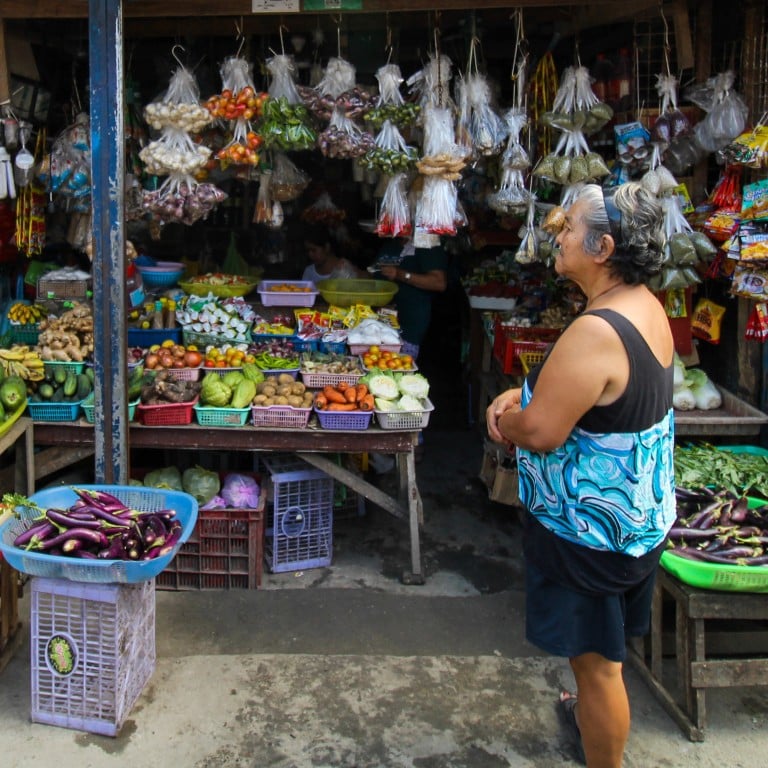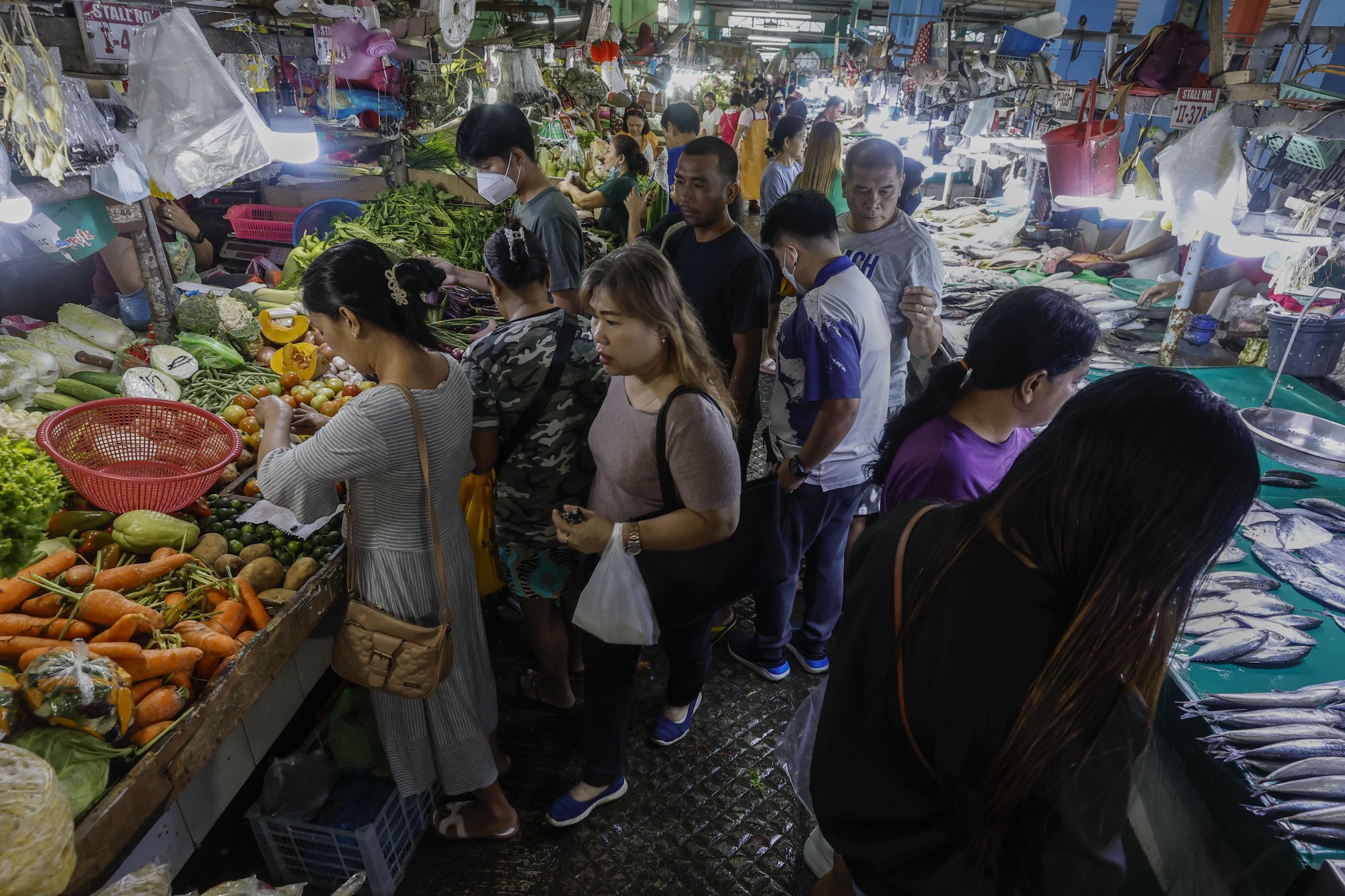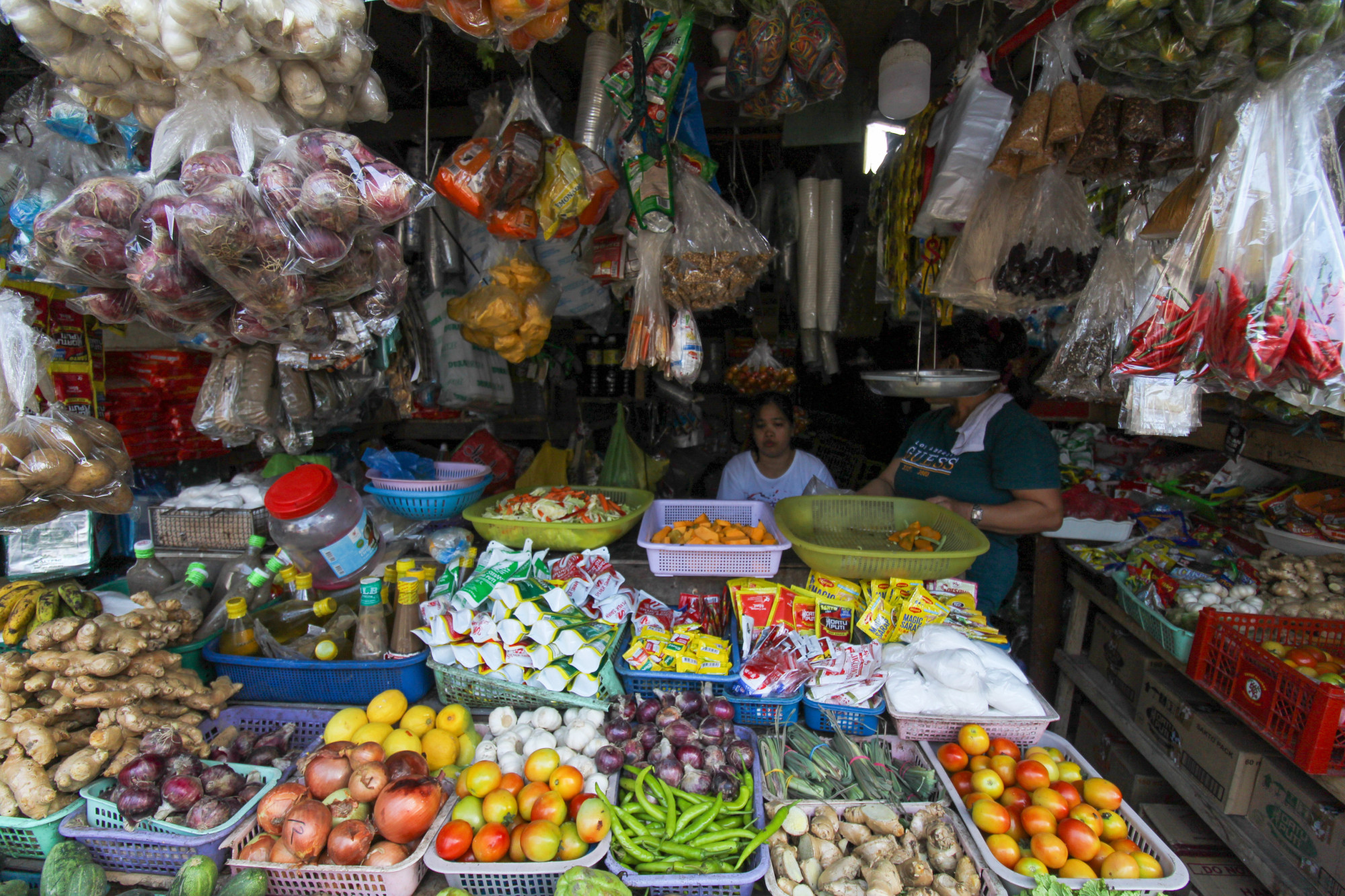
Philippine officials criticised for allowing ‘shrinkflation’ as consumers struggle
- The Department of Trade and Industry recently approved requests by manufacturers to reduce the size of products while keeping retail prices the same
- Critics say the move is short-sighted and that the ‘illusion’ of price stability will not last as rising costs hurt families
Philippine trade officials have come under fire for allowing manufacturers to practice “shrinkflation”, a decision critics slammed as providing an illusion of cost stability while leaving low-income families worse off.
The Department of Trade and Industry (DTI) last week approved requests by some manufacturers to reduce the size of household products and other items while keeping retail prices the same. The act, known as shrinkflation, has previously been rolled out to avoid price hikes which could turn consumers away.
DTI Associate Secretary Attorney Amanda Marie Nograles acknowledged on state television that the decision effectively amounted to “a price increase, as the consumer receives less while paying the same amount”.

Congresswoman Arlene Brosas panned the DTI’s decision as one that protected commercial interests instead of struggling Filipinos. “In the end, consumers are the victims because they are deprived of quality and affordable goods,” she said.
Manufacturers and shopping outlets are set to follow a range of suggested retail prices released in a DTI bulletin last week, that listed price adjustments or decreased product sizes for nine coffee and salt items.
More businesses are expected to tweak their prices in the coming months when the DTI announces its guidelines on changes in product packaging.
Malaysians to pay more for gourmet food as Red Sea crisis raises inflation risk
Under Philippine law, profiteering occurs when a commodity carries a “price grossly in excess of its true worth”, specifically when it has been raised by more than 10 per cent from the preceding month.
The DTI is currently reviewing 54 cases of price and portion adjustments for various household products.
Brosas was critical of how the inflation-targeted policies had been given the green light, but petitions for an increase to the minimum wage had received little attention. Workers’ unions have been calling for the government to standardise and nationalise an increase in the daily minimum wage to 1,164 pesos.
Brosas is set to file a resolution invoking consumer protection rights to look into the approval process of downsized commodities.

At a public market in Metro Manila, Jenny Corpuz of the San Roque Vendor Association said the smaller packages would hurt larger families.
Corpuz, 38, told This Week in Asia that from her experience running her stall in Quezon City, most customers would meet household needs as best they could even if it drained their wallets and budget for other expenses.
In the last couple of years, she sold pieces of bread at 5 pesos (29 US cents) each, but reduced the portions when flour and sugar prices increased, while keeping the price the same. Many customers were unsatisfied but some doubled their purchases, she said.
Corpuz acknowledged shrinkflation mainly benefited vendors and said the government should reduce the overall prices of commodities instead to improve the situation on both sides.
These are poorly disguised price increases
Economist Sonny Africa said the “illusion” of price stability would not last.
“These are poorly disguised price increases. It’s the administration really just putting on a show of effort while refusing to take real and important steps to fix age-old problems,” said Africa, who is executive director of the independent economic think tank Ibon Foundation.
Nograles clarified that less than a third, or 29 per cent, of manufacturers so far had asked for package adjustments this year, hopeful that most market items would retain their prices. She attributed some of these requests to inflationary pressures in the global market that impacted the prices of imported raw materials.
‘Unmissable’: Philippines’ Marcos Jnr shrugs off backlash over Coldplay concert
“The downtrend in the overall inflation in December 2023 was mainly brought by the lower year-on-year growth,” the DOF said. The deceleration could also be seen in food inflation towards the end of last year.
The Ibon Foundation countered that overall inflation for the lowest 30 per cent of households had increased from 4.9-5.0 per cent, citing price hikes in food, non-alcoholic beverages, transport and health.
It singled out the 21.4 per cent rice inflation as the main culprit for the worsening burden on households.
Africa from the foundation urged authorities to consider direct funds to boost the spending power of the country’s poorest, instead of surface-level measures such as shrinkflation.
“The government is most of all obliged to give financial aid to millions of distressed, poor families after having done so little to address inflation and just passively waiting for global commodity and energy prices to subside,” he argued.
Africa also called on the government to be more stringent in screening the requests by companies to increase prices were truly justified.

